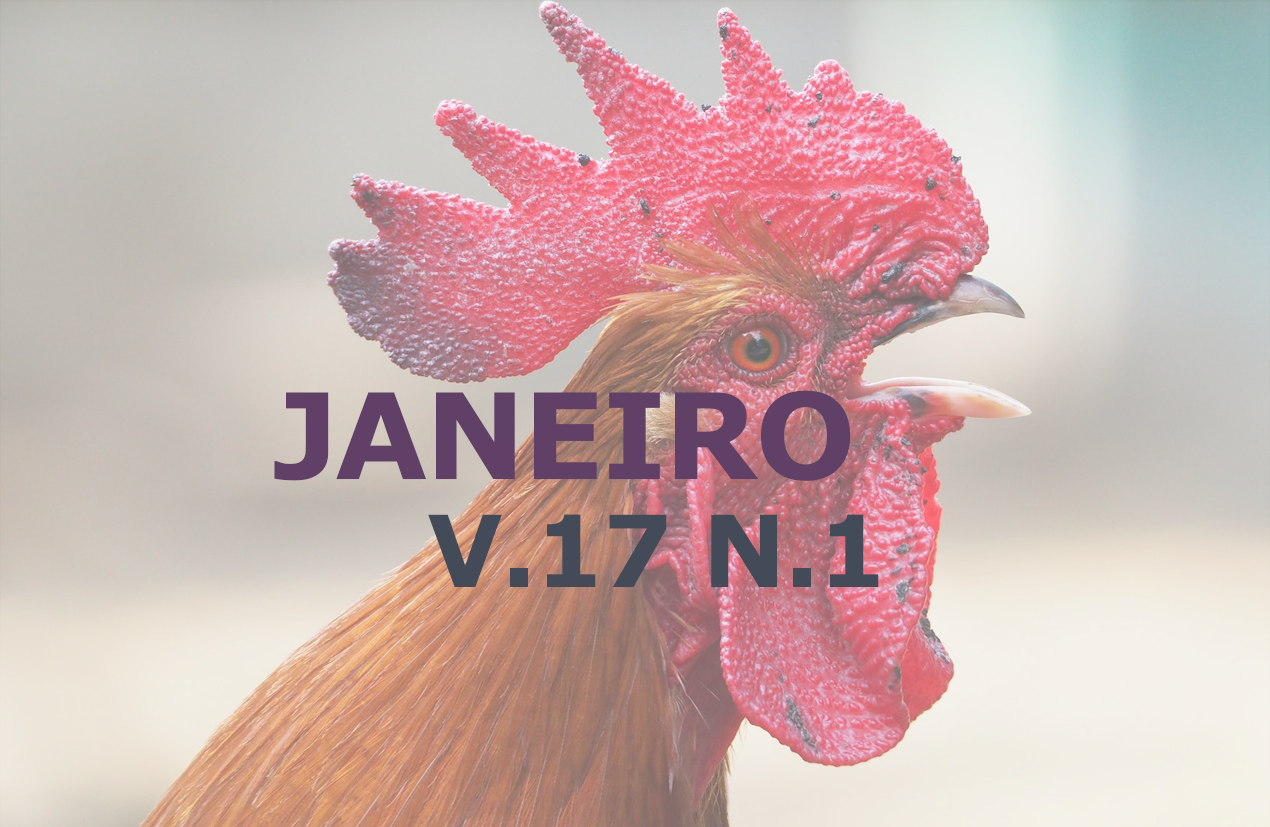Homeopathic Treatment for Post-Covid-19 Separation Anxiety in a Dogs. Case report
DOI:
https://doi.org/10.31533/pubvet.v17n01a1330Keywords:
Anxiety separation, dog, homeopathy, Cicura virosa, Arsenicum album, Mercurius solubilisAbstract
Separation Anxiety Syndrome (SAS) in dogs has been one of the most common post-Covid-19-pandemic behavioral disorders, which usually presents destructive and aggressive behavior, excessive barking, urinating and defecating in inappropriate places, vomiting, anxiety, frustration, panic, fear, boredom and aggressiveness as some of the clinical signs. Treatment usually consists of environmental enrichment, behavioral training, allopathic treatment with anti-depressives, anxiolytics and integrative treatments such as Plactiplantibacillus plantarum PS128, the herbal medicine Ashwagandha, homeopathy and acupuncture. We present the clinical case of a male dog, Brazilian terrier breed, who showed separation anxiety when his tutors returned to work after the isolation brought on by the covid-19 pandemic; the dog has also presented seizures every-3-4 months and grade 3-4 periodontal disease. After repertorization, treatment with Arsenicum album 30 CH twice a day was instituted for 30 days for separation anxiety. For periodontal disease, Mercurius solubilis 6CH three times a day for 30 days and, for seizure crises, Cicuta virosa 200 CH once a week until further recommendations. After returning at 30, 60, 90 and 120 days for re-evaluation, noteworthy improvement in anxiety behavior was reported, as well as spacing in seizure episodes. The homeopathic medicines instituted in this clinical case report demonstrated effectiveness in the treatment of behavioral disorders, as well as the physical signs.
Downloads
Published
Issue
Section
License
Copyright (c) 2023 Sergio Andena, Danielle Jaqueta Barberini, Lucile da Silva Lins Baía

This work is licensed under a Creative Commons Attribution 4.0 International License.
Você tem o direito de:
Compartilhar — copiar e redistribuir o material em qualquer suporte ou formato
Adaptar — remixar, transformar, e criar a partir do material para qualquer fim, mesmo que comercial.
O licenciante não pode revogar estes direitos desde que você respeite os termos da licença. De acordo com os termos seguintes:
Atribuição
— Você deve dar o crédito apropriado, prover um link para a licença e indicar se mudanças foram feitas. Você deve fazê-lo em qualquer circunstância razoável, mas de nenhuma maneira que sugira que o licenciante apoia você ou o seu uso. Sem restrições adicionais
— Você não pode aplicar termos jurídicos ou medidas de caráter tecnológico que restrinjam legalmente outros de fazerem algo que a licença permita.





